"In the dynamic and complex world of business, having well-defined and up-to-date company policies is of paramount importance to the success of your business. These policies serve as a guiding framework for employees, management, and stakeholders, ensuring consistent practices, legal compliance, and a positive work environment.
Developing HR policies from scratch can feel overwhelming, but with a systematic approach, you can create a solid foundation for your organisation, so let's dive into it.

Here are some steps to help you get started:
- Identify Your Needs:Begin by assessing your organisation's specific HR needs. Consider factors such as company size, industry, and employee demographics. Identify the areas where you need policies to provide structure and guidance, such as recruitment, onboarding, performance management, employee relations, leave policies, and termination procedures.
- Research Applicable Laws and Regulations:Familiarise yourself with localmemployment laws and regulations that apply to your organisation. Understand the legal requirements related to employment contracts, working hours, minimum wage, anti-discrimination laws, and other relevant areas. This knowledge will help ensure that your policies align with legal obligations.
- Determine Policy Framework: Decide on the structure and format of your policies. Consider using a consistent template or format for all policies to maintain clarity and ease of understanding. Include sections such as policy purpose, scope, responsibilities, procedures, and any legal references.
- Customise Policies:Develop policies that reflect your organisation's culture, values, and goals. Tailor the policies to address the unique aspects of your workforce and industry. Balance the need for clear guidelines with flexibility to accommodate future changes or evolving employee needs.
- Involve Stakeholders:Include key stakeholders, such as managers, supervisors, and employees, in the policy development process. Seek their input, feedback, and suggestions to ensure that the policies reflect a variety of perspectives and address the organisation's diverse needs. Engaging employees in policy development can also foster a sense of ownership and increase compliance.
- Seek Professional Advice:If you lack expertise in HR or employment law, this is where we come in. We can provide guidance on policy development, legal compliance, and best practices specific to your organisation's needs.
- Communicate and Train:Once the policies are developed, establish a clear communication plan to introduce them to employees. Conduct training sessions or workshops to explain the policies, their rationale, and the expected behaviors. Provide avenues for employees to ask questions and seek clarifications.
- Regularly Review and Update:HR policies should not be static documents. Establish a process for regular review and updates to keep them aligned with changes in laws, regulations, and organisational needs. Set a timeline for policy reviews, considering factors such as industry trends, employee feedback, and emerging best practices.

Remember that HR policies are not one-size-fits-all. We can help tailor them to meet your organisation's unique requirements and adapt them as your company grows and evolves. By following these steps and seeking the necessary expertise, you can lay the groundwork for effective HR policies that support your employees and ensure compliance with legal obligations.
If it’s time to create or refresh your people policies, take a look at our Brilliant Basics packages of custom HR documentation for your business."














